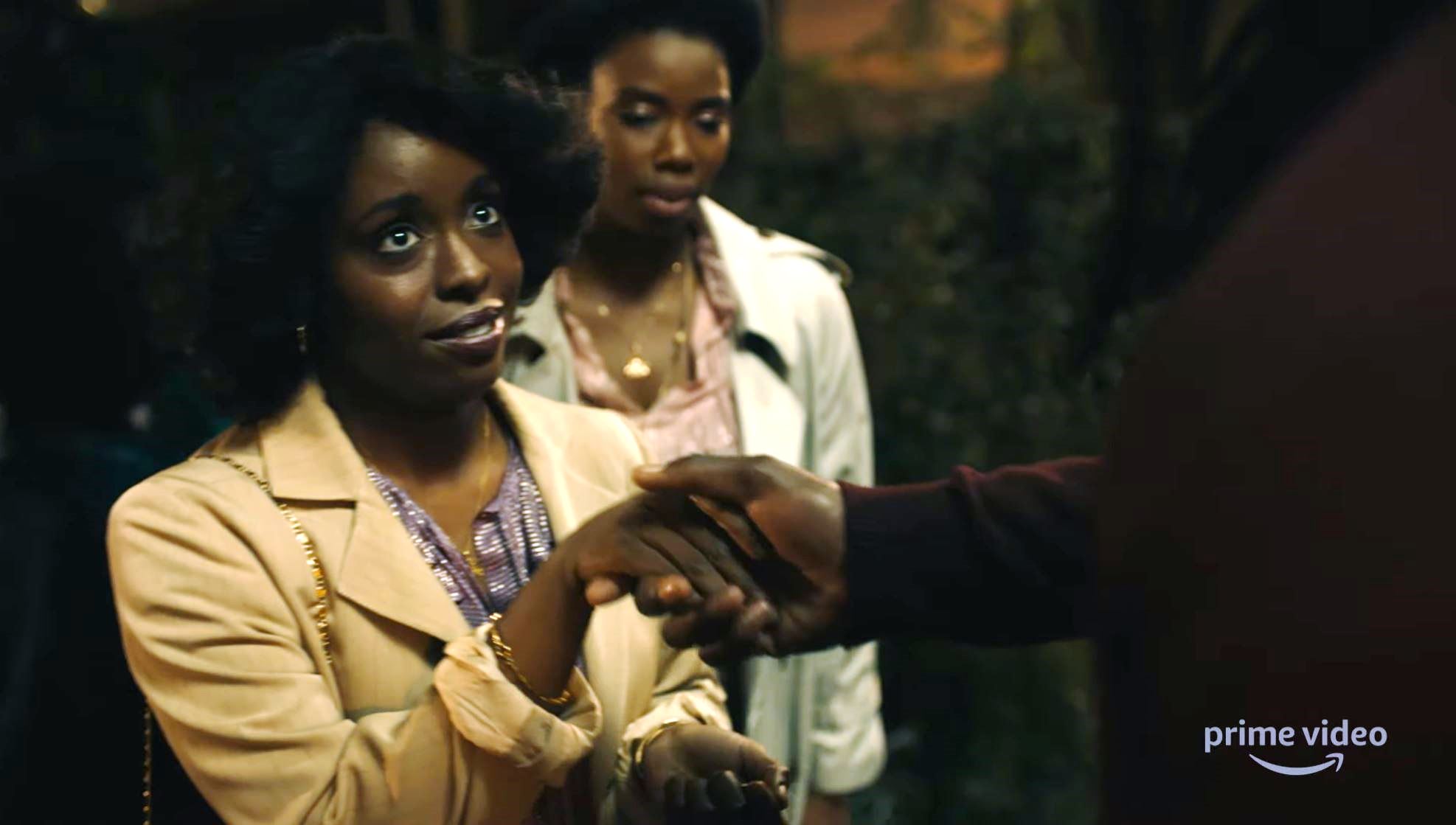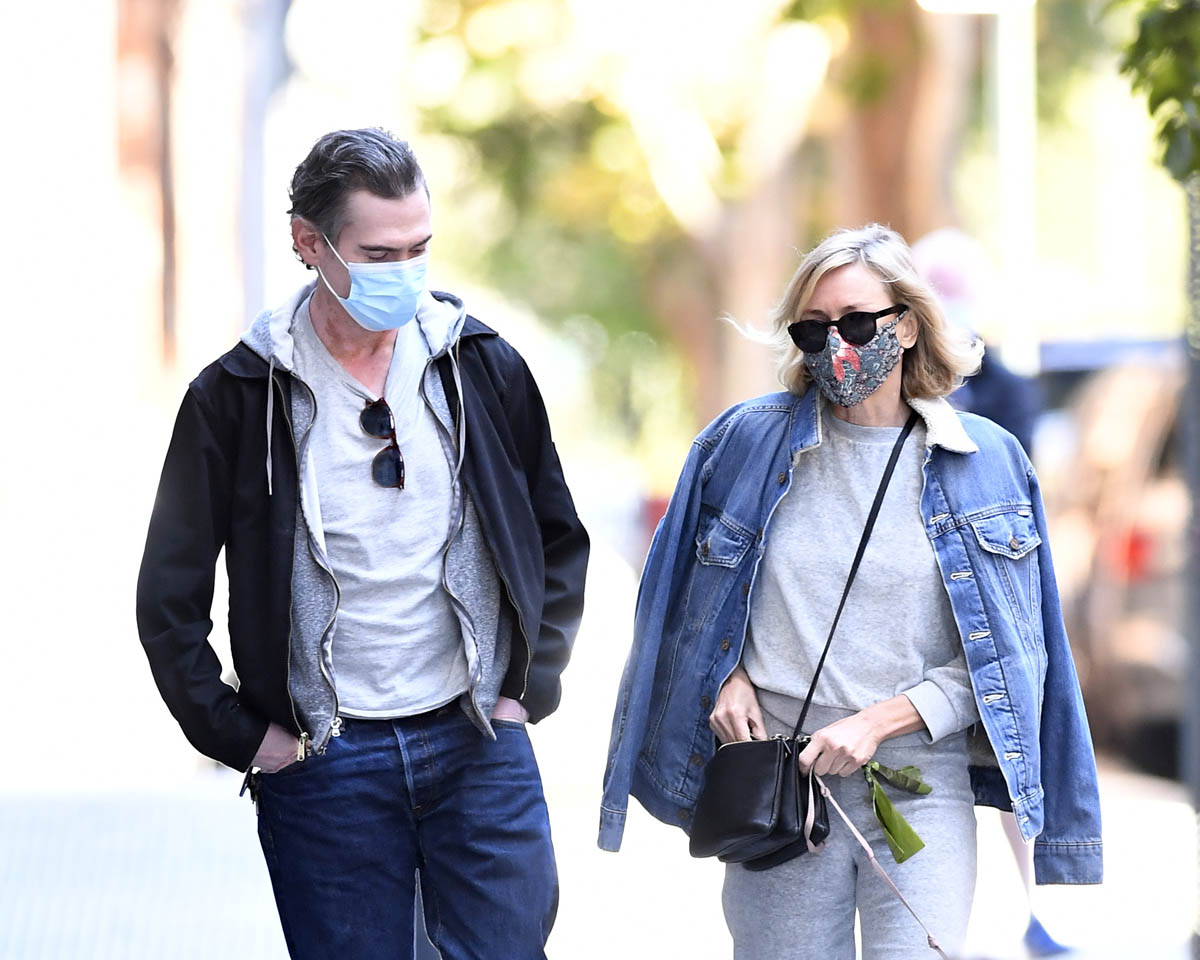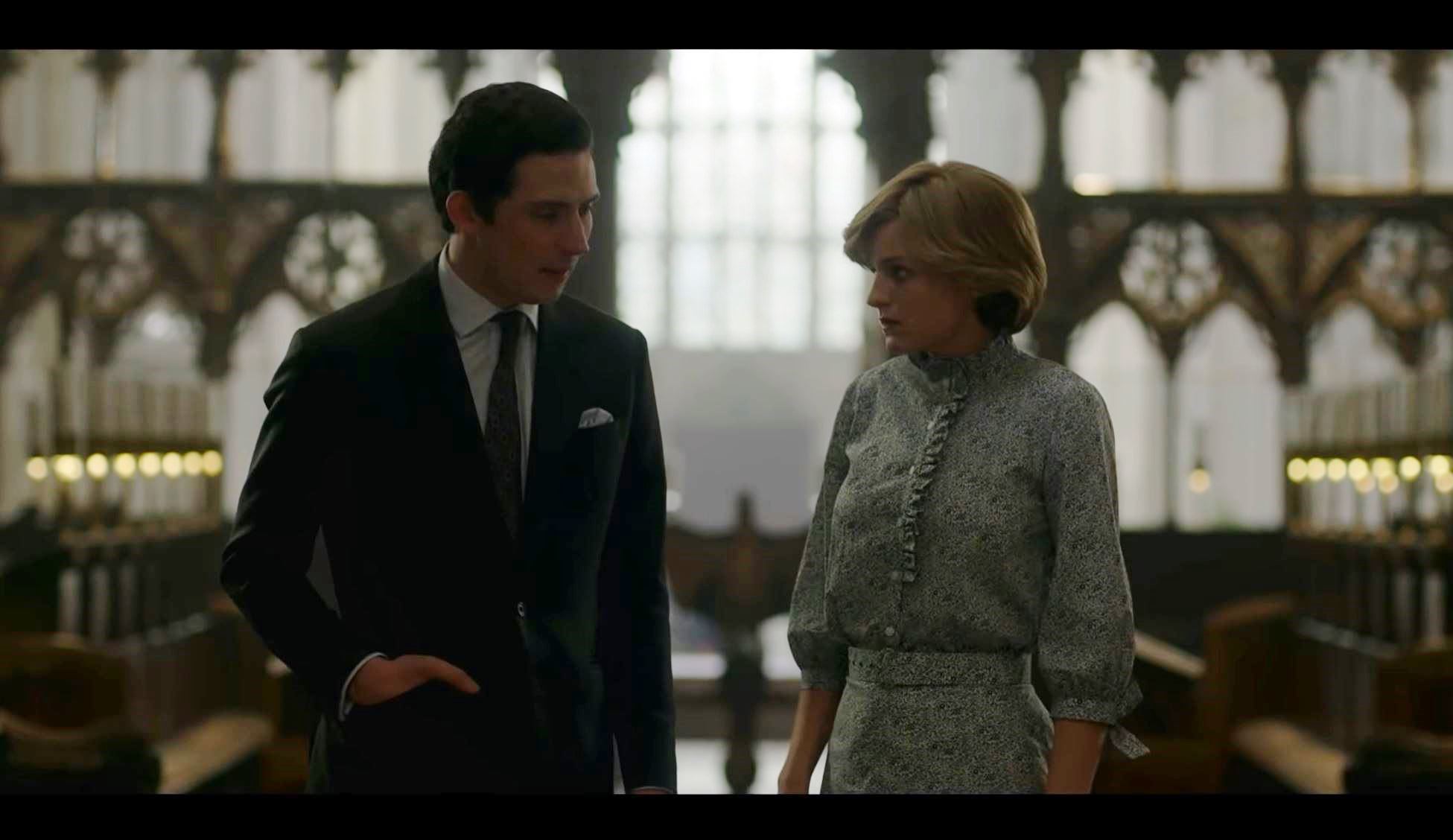Small Axe: Lovers Rock seethes with life and passion



Mangrove, the first entry into Steve McQueen’s film anthology series Small Axe, is a historical courtroom drama that is vital in a year of social demonstration and change. The second film in Small Axe, Lovers Rock, is in many ways a step back from Mangrove, not in quality but in urgency. In fact, Lovers Rock is the opposite of urgent; it is slow, sensual pleasure, meant to be savored. Sandwiched between two films depicting real historical events—the next installment, Red, White and Blue stars John Boyega as a London police officer—Lovers Rock is not based on a real story, but is instead inspired by the reggae-fueled parties McQueen’s aunt would slip away to as a young woman. It’s like the second movement in the Moonlight Sonata, a breezy palate cleanser before the audience is dumped back into the deep end with the third movement.
McQueen once again directs, and co-writes the script along with Courttia Newland. The film, which has a nominal plot, stars Amarah-Jae St. Aubyn (making her film debut) as Martha, a young woman who slips out of her room one night to attend a party with her friend, Patty (Shaniqua Okwok, Marcella). The party is being held at a flat share occupied by Caribbean immigrants, and there Martha meets Franklyn (Michael Ward, The Old Guard). They flirt, they dance, and that’s about it. Lovers Rock is a paen to community, to gathering, to sharing food and music and laughter and good times. Thanks to the pandemic, there is a meta-layer of longing imbued in the piece, for the days when we could get together and share these things, and for the time when we will again.
But even without that extra pandemic layer, Lovers Rock is a love letter to the Caribbean community in London, who have a night away from the kind of struggle depicted in Mangrove. (Not that the experience is totally free of racial conflict with a group of young white men hanging around the periphery of the party with unsmiling faces, and Franklyn’s white boss is a total dick on a power trip when a simple reprimand would suffice.) It’s like the other side of the coin we rarely see in entertainment. Where cinema often favors stories of historical struggle and strife, Lovers Rock is the rare film dedicated almost exclusively to Black celebration and joy. There are pockets of disturbance: fights, the tacit threat of those white boys, sexual assault (because women are always in danger), but overall Lovers Rock is about the joy of coming together just to have fun. And it is fun! That party looks great!
Shot with warm, golden tones indoors, the party is a microcosm, a world away from the real world, a happy bubble bathed in sunshine and reggae. Accompanied by a killer soundtrack and Mica Levi’s score—which I want, it is PERFECT chill out music—Lovers Rock sizzles with life and energy. It is a rebuke to the film industry, which loves to celebrate Black bodies when they are broken for just causes, but rarely uplifts them when they sway in rhythm and grind in passion. And thanks to close-up, hand-held camerawork, we are planted right in the middle of the dance floor, swaying with everyone else. It’s a visceral experience of the party, which again, thanks to the pandemic takes on new depth of meaning, and it’s a visceral experience of the underlying joy in this community.
Lovers Rock is 70 minutes of pure vibing, of food and music and love. It’s a love letter to a community whose joy is not valued the same as their pain, and in that way, it is political, but it never loses that feeling of celebration. It’s a thumping heart in your chest, a longing for friends and community, and an ode to what was and will be again—it will make you miss parties and hanging out so badly you’ll die a little on the inside. And it is above all a celebration of Caribbean community in England, a glimpse into the ordinary, everyday moments happening between Important Historical Events. It’s simple and lush and evocative, and so, so affectionate. Lovers Rock is, as the youths say, a mood.
Lovers Rock is now streaming on Amazon Prime.

